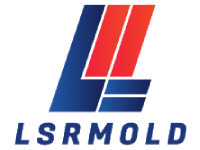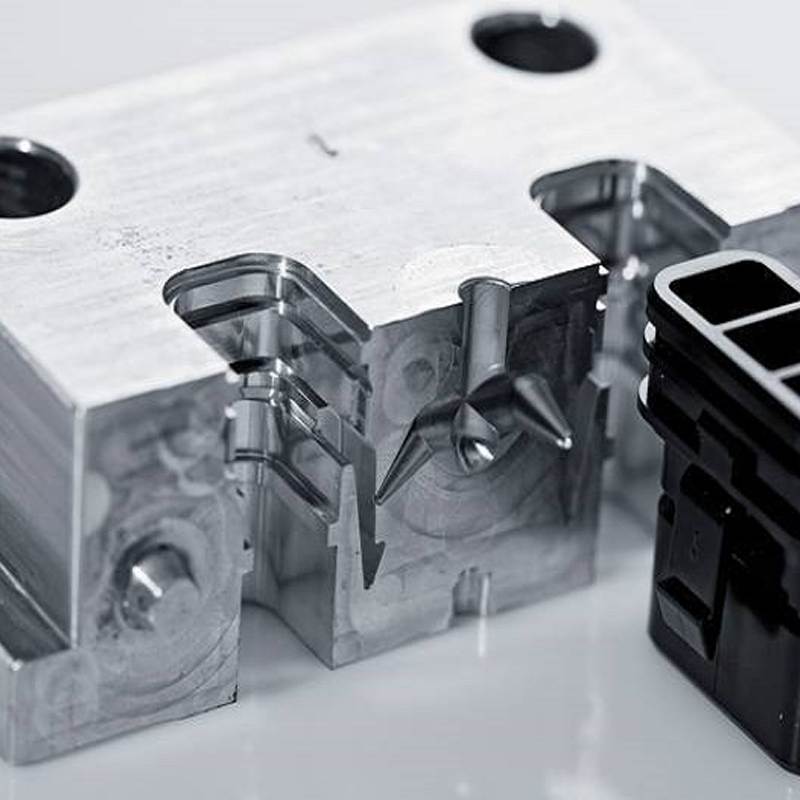When embarking on the journey of injection molding, one of the early and critical decisions you’ll face is choosing between aluminum and steel tooling. This decision plays a significant role in the cost, timeline, and efficiency of the production process. The choice largely hinges on the volume of parts you plan to produce, as well as the stage of your product development.
At LSRmold, we specialize in delivering high-quality tooling solutions tailored to your specific needs, whether you’re looking for prototype molds or high-volume production molds. Understanding the benefits and limitations of both aluminum and steel tooling is essential to making an informed decision that suits your production demands.
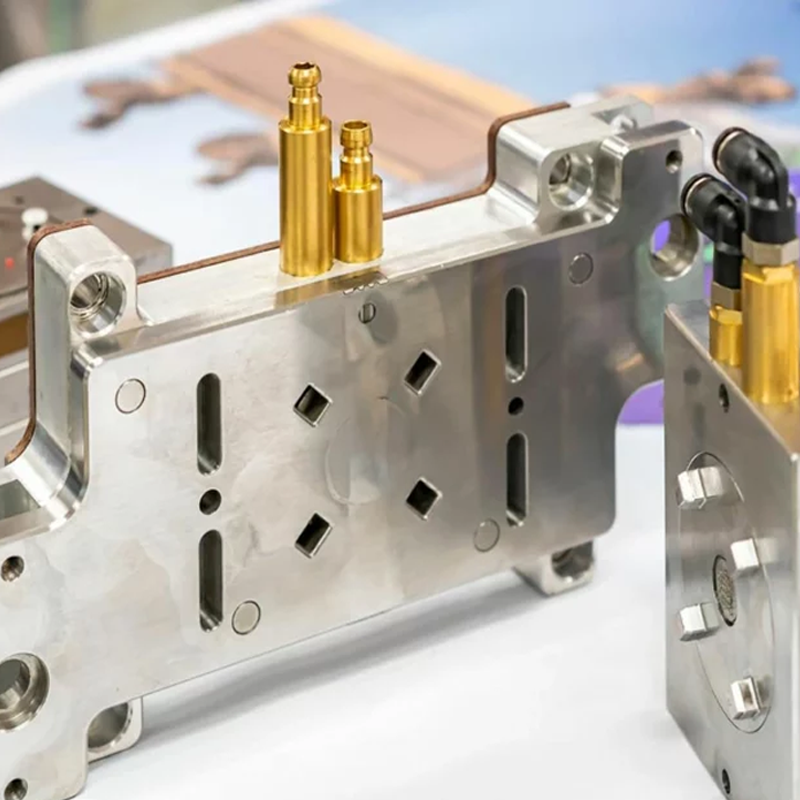
Aluminum Tooling: The Flexible, Cost-Effective Choice
Aluminum tooling offers several advantages, particularly for projects with lower production quantities and quicker turnaround times. When producing fewer than a million parts, aluminum tooling can be a more cost-effective option, providing significant savings compared to steel. In fact, aluminum molds are typically far less expensive, with prices starting around $1,500, and they can be delivered in as little as seven days.
If you’re not yet sure about your part’s design or final demand, aluminum tooling provides the flexibility to adapt without committing to a large capital investment. In contrast to steel, aluminum’s softer material makes it easier to machine, significantly reducing the cost and time associated with mold production. This makes it an ideal option for short runs or when part designs are still being fine-tuned.
Aluminum molds are capable of producing around 10,000 parts, but depending on part complexity and material choice, this number can often be much higher. The reduced machining time and associated cost savings make aluminum tooling a great choice for initial product runs or when you need on-demand production within days.
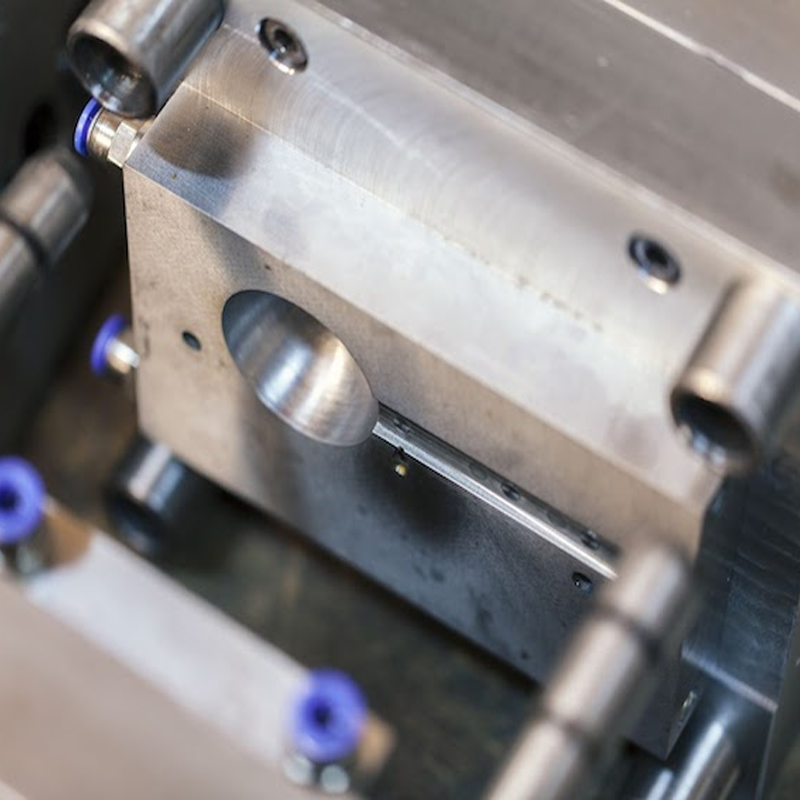
Benefits of Aluminum Tooling
At LSRmold, we understand the importance of balancing cost, time, and flexibility. Aluminum tooling offers a variety of key benefits that can help streamline your product development process:
- Lower Initial Costs: Aluminum molds are less expensive than steel molds, with production costs starting as low as $1,500.
- Quick Turnaround Time: Delivery can occur in seven days or less, which is a significant advantage for projects with tight timelines. Steel tooling, in comparison, often involves longer lead times.
- Production Volumes: While aluminum tooling is typically used for quantities of up to 10,000 parts, many molds exceed this limit depending on the material and part complexity.
- Material Options: At LSRmold, we offer a wide range of thermoplastic and thermoset materials, including ABS, polycarbonate (PC), polypropylene (PP), liquid crystal polymer (LCP), and polyoxymethylene (POM). This diverse selection enables you to find the right material for your application.
Aluminum molds also have excellent thermal conductivity, improving heat dissipation and reducing the need for complicated cooling lines. This enhances overall efficiency and helps to lower production costs. Additionally, aluminum molds tend to be more forgiving in terms of mold maintenance, as any damage to the mold can be repaired throughout its lifetime.
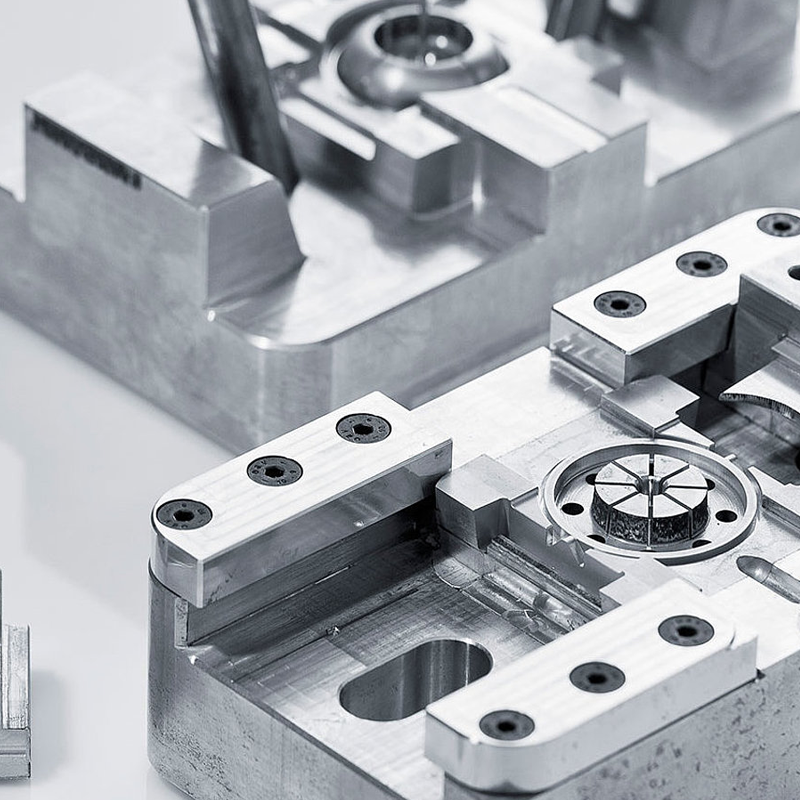
Design Considerations for Aluminum Tooling
While aluminum tooling offers flexibility and cost-effectiveness, there are several design considerations that must be taken into account to optimize the mold’s performance and longevity.
- Surface Finish: The surface finish of your part is an important factor in the molding process. If part aesthetics are crucial, a smooth SPI-A2 finish will require hand polishing with diamond buffing, which can increase mold manufacturing costs and lead time. For less cosmetic parts, PM-F0 is an as-machined finish that may show tool marks but is the most cost-effective option. LSRmold offers a variety of surface finish options to meet your part’s specific needs, including:
– PM-F0: Non-cosmetic, finish at LSRmold’s discretion
– PM-F2: Non-cosmetic, EDM permissible
– SPI-C1: 600 grit stone
– SPI-B1: 600 grit paper
– SPI-A2: Grade #2 Diamond Buff
- Draft Angles: Adding draft angles to the design of your part is essential for easy ejection from the mold. Draft angles help to prevent deformation or damage to the part as it is ejected, ensuring that the part maintains its integrity and finish. Without adequate draft, parts may experience sticking, surface defects, or warping.
- Wall Thickness: Proper wall thickness is vital to avoid issues such as sink marks or warping during cooling. The recommended wall thickness for thermoplastics is generally between 0.040 in. and 0.140 in. (1 to 3.5 mm). This consistency across the part ensures a successful molding process.
- Corner Radii: Sharp corners are difficult to machine and can create stress points that may compromise the structural integrity of your part. Aluminum molds are CNC machined, and internal sharp corners are challenging to achieve. It is highly recommended to incorporate generous radii (rounded corners) in your design to prevent these issues and optimize mold longevity.
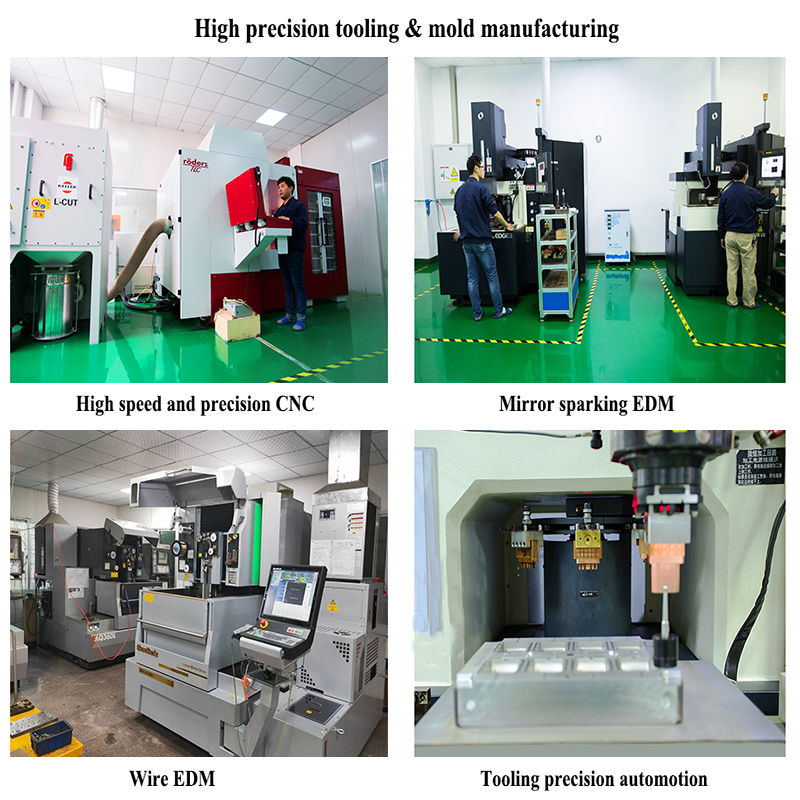
The LSRmold Advantage: Tailored Tooling Options
At LSRmold, we offer two primary service levels for tooling to suit different stages of the product development process:
- Prototyping: This service is ideal for low quantities and quicker turnaround times, allowing you to validate your part design with fewer parts at a lower cost.
- On-Demand Manufacturing: This option is suited for higher-volume production with molds that are designed for longer lifespans. If you anticipate the need for large quantities of parts over an extended period, on-demand manufacturing is the optimal choice.
Our experienced engineers work closely with customers to understand their specific needs and provide guidance on selecting the right tooling option. If you’re unsure about whether aluminum tooling is the best fit for your project, our team is here to help you navigate through the decision-making process.
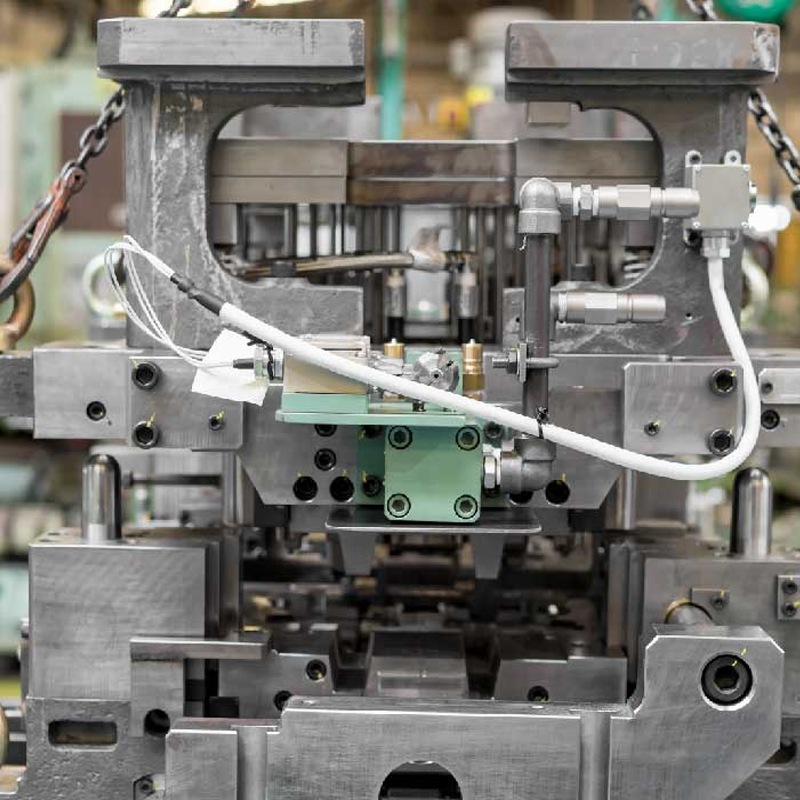
Conclusion
Choosing the right tooling for your injection molding project is crucial to ensuring that your product is made efficiently and cost-effectively. Aluminum tooling is an excellent choice for prototyping, short-run production, or when flexibility is key. Its lower cost, quick turnaround, and ability to produce high-quality parts make it an ideal option for many companies.
At LSRmold, we are committed to helping our customers make informed decisions about their tooling options. Whether you’re in the early stages of product development or ready to ramp up production, we have the expertise and resources to guide you every step of the way. If you have any questions or need assistance in determining the best tooling solution for your project, don’t hesitate to contact us. Our team of applications engineers is ready to assist you.
Get in touch with us today to discuss your project and discover how LSRmold can help bring your product ideas to life.
